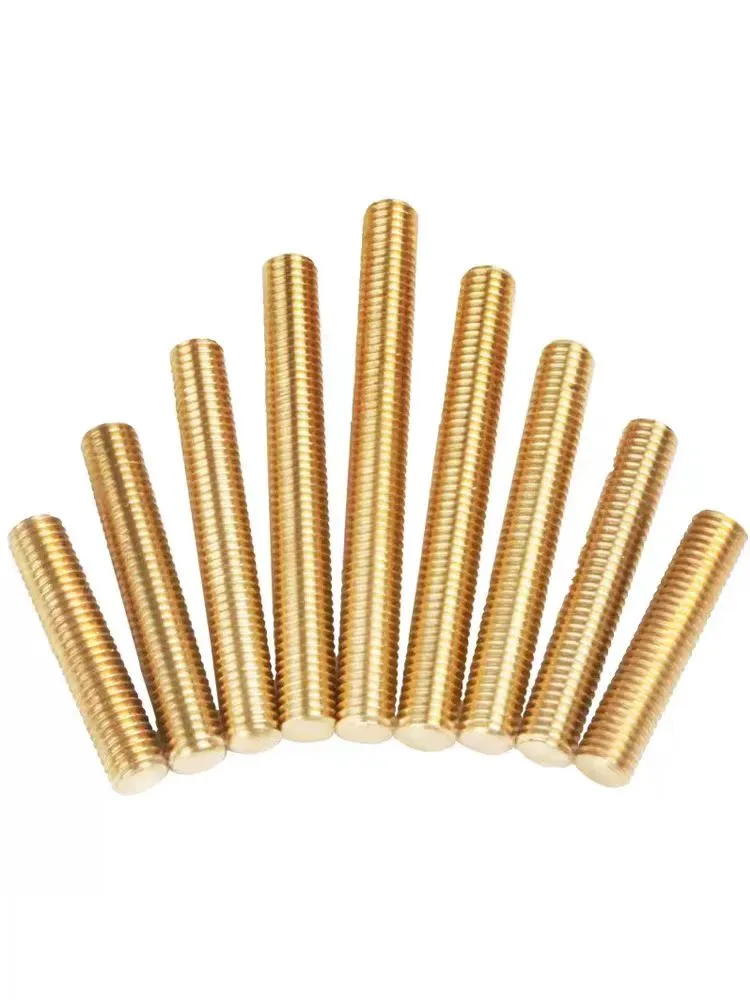

self drilling screws
Dec . 12, 2024 16:25 Back to list
self drilling screws
Understanding Self-Drilling Screws A Comprehensive Overview
Self-drilling screws, often referred to as Tek screws, are a specific type of fastener designed for use in various construction and manufacturing applications. These screws are distinguished by their unique capability to drill their own pilot holes, which eliminates the need for pre-drilling and enhances productivity on the job site. In this article, we will explore the design features, benefits, applications, and considerations related to self-drilling screws.
Design Features
Self-drilling screws possess a drill bit-like tip that allows them to create a hole in the material being fastened. This tip is usually made of hardened steel, which provides durability and efficiency when penetrating tough materials. Additionally, these screws come in various lengths and diameters to accommodate different material thicknesses. The threading on a self-drilling screw can vary – some are fully threaded while others may be partially threaded, allowing for a secure anchor point depending on the application.
Furthermore, self-drilling screws are typically coated to resist corrosion and rust. This is particularly important in construction settings, where exposure to moisture can lead to premature failure of fasteners. Common coatings include galvanization, which provides a zinc layer for protection, and other specialized coatings designed for specific environments.
Benefits of Self-Drilling Screws
The primary advantage of self-drilling screws is their ability to streamline the fastening process. Since these screws do not require a separate pilot hole, they reduce the time and labor associated with fastening materials together. This feature makes them particularly appealing for large-scale construction projects or in environments where efficiency is critical.
Additionally, self-drilling screws provide a tight grip that enhances structural integrity. The ability to fasten materials directly, without pre-drilling, also minimizes the risk of damaging the materials or compromising their structural properties. For instance, when fastening metal sheets in roofing applications or concrete structures, self-drilling screws can offer a secure and reliable fastening solution.
Another benefit is the versatility of self-drilling screws. They can be used in a variety of applications, ranging from securing metal to metal, metal to wood, and even in some cases, wood to wood. This adaptability makes them a favorite among contractors and builders.
self drilling screws

Applications
Self-drilling screws find application in numerous fields. In the construction industry, they are widely used for metal roofing, siding installations, and metal framing. Their efficiency allows roof installers to work faster and ensures strong, lasting bonds between panels. They are also commonly used in HVAC applications for securing ducts, as well as in automotive manufacturing for assembling components.
In addition to construction, self-drilling screws are utilized in furniture manufacturing, especially for assembling metal or wood products that require precise, strong joints. They are ideal for outdoor furniture, where weather-resistant screws are necessary to ensure longevity against the elements.
Considerations
While self-drilling screws offer numerous benefits, there are considerations to take into account. It’s essential to select the right screw for the specific materials and conditions of your project. Using a screw that is too short or not designed for the material can result in inadequate fastening and structural failure.
Additionally, proper installation techniques are crucial. Over-tightening can strip the threads or damage the material, while under-tightening may lead to loose connections. Always follow the manufacturer’s guidelines regarding torque specifications and installation practices.
Conclusion
In conclusion, self-drilling screws are an invaluable tool in the construction and manufacturing industry. Their ability to eliminate the need for pre-drilling, combined with their strong fastening capabilities and versatility, make them a preferred choice for many professionals. By understanding their features, applications, and proper usage, individuals can leverage the benefits of self-drilling screws to enhance their projects effectively. Whether you are involved in construction, furniture making, or industrial applications, incorporating self-drilling screws into your toolkit can lead to improved efficiency and structural integrity.
Latest news
-
Hot Dip Galvanized Bolts-About LongZe|High Strength, Corrosion Resistance
NewsJul.30,2025
-
High-Strength Hot Dip Galvanized Bolts - Hebei Longze | Corrosion Resistance, Customization
NewsJul.30,2025
-
Hot Dip Galvanized Bolts-Hebei Longze|Corrosion Resistance&High Strength
NewsJul.30,2025
-
High-Strength Hot-Dip Galvanized Bolts-Hebei Longze|Corrosion Resistance&High Strength
NewsJul.30,2025
-
Hot Dip Galvanized Bolts-Hebei Longze|Corrosion Resistance&High Strength
NewsJul.30,2025
-
Hot Dip Galvanized Bolts - Hebei Longze | Corrosion Resistance, High Strength
NewsJul.30,2025

